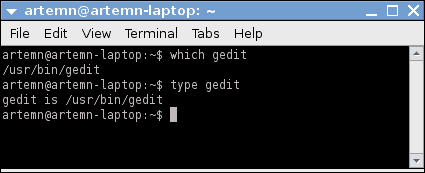Hop over to the
kegs page on sourceforge.
Download the latest source
In my case it was kegs.0.91.tar.gz
tar xfz PATH/TO/kegs.0.91.tar.gz
$ cd kegs.0.91/src
$ rm vars
$ ln -s vars_x86linux vars
$ make
cd out of src
You should find the binary in your kegs folder. Hop over to
Emaculation forums for some advice about getting hold of a
ROM. Place this in your folder.
Since there is no longer a /dev/dsp node in Ubuntu 10:10, you will have to start kegs like this:
padsp ./xkegsYou can view the Kegs emulation inside a browser at
VirtualApple and download some games, unfortunately there is no Linux ActiveGS plugin as yet, so you'll have to be content with looking at the
Applesoft BASIC Interpreter in Javascript,
For more Apple IIGS Programmes try
SheppyWare.
Converting disk images to 800kb you will need
Apple Commander or Ciderpress.
Link to older SDL port of KEGS (who knows, somebody might just figure out how to create a GS Ubuntu session?)
Link to
Dos33 an open source implementation of
AppleDos. The page appears to be unavailable, but there is a link to some of the utilities
here, all useful for Apple II disks, and
Juiced GS, the last remaining Apple GS magazine
NOTE: I found that the kegs.0.86 was a lot faster for some reason. Don't know why, but it works like a bomb. Press F4 for configuration and change the speed of the emulator.
Here is a link to
x-amiga, an example of a good linux UAE distro, now if only there was a Kegs Linux.

